Recently, the State Council of Professors (SPC) sent a document to Vietnamese scientific journals proposing a scoring framework in the list of scientific journals that will be scored in 2024. This proposal will be the basis for the SPC to stipulate the list of Vietnamese scientific journals that will be scored in 2025.
From there, the scientific work that the candidate declares in the application for Associate Professor and Professor published in which journal will be scored by the council within the framework of that journal as prescribed by the National Council of Professors in the list. A new point this year is that the National Council of Professors requires Vietnamese scientific journals that want to be included in the list of journals that are scored in 2024 to have copies of proof of criticism of scientific articles in the 2023 issues.
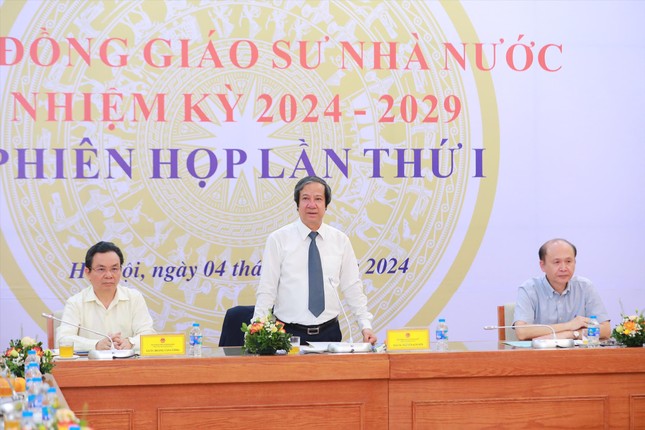
The State Council of Professors has just announced the list of 28 members of the State Council of Professors for the 2024-2029 term.
Upon receiving the document from the National Council of Professors, some scientists were concerned because the requirement to submit evidence for rebuttals was a violation of academic freedom. A representative of a journal on technology and management shared that the proposal had been submitted to the disciplinary/interdisciplinary Council of Professors. This person said that the regulation of the National Council of Professors was somewhat excessive because rebuttals were a private matter for each journal.
On the other hand, this regulation also requires serious work for reviewers at scientific journals who want to be scored in the annual review and recognition of the standards for the title of Professor and Associate Professor. Up to now, reviewers have only read the authors' articles purely to evaluate their quality. Now, it is required to provide evidence for review, reviewers will have to evaluate seriously by reading many articles, then checking for duplication, plagiarism, and procedures.
According to the regulations of the National Council of Professors, each Associate Professor candidate only needs to be the main/corresponding author of at least 3 international articles in prestigious journals. Meanwhile, records from the registration records of candidates in the past show that they mainly get points from domestic journals, with a very large number of articles published by candidates.
Recently, the domestic scientific community has expressed concern about the fact that some prestigious journals of major publishers have been removed from the core list of Web of Science or Scopus, such as some journals of MDPI and Frontiers. Or recently, Hindawi Publishing House (this is a publisher with many Vietnamese authors) after closing a series of journals was acquired by the American publishing group Wiley and Wiley completely erased the Hindawi brand.
Avoid mixing gold and brass
Associate Professor, Dr. Tran Anh Tuan, Chief of Office of the National Council of Professors, said that the reason the National Council of Professors requires journals to submit copies of peer-review evidence (two-way, one-way...) is to have a basis for assessing the quality of the journal. Vietnam currently has many scientific journals with very different quality. Many journals announce that they have a peer-review process but in reality do not follow it properly. If there is no requirement to provide evidence of whether peer-review is included in the publishing process, the councils at all levels will not have enough basis to assess the quality of the journal.
The three publishers Hindawi, MDPI and Frontiers are often blacklisted by some countries and research institutions. In 2023, some domestic universities announced an update to the list of blacklisted publishers that are not recognized for funding, including these three publishers.
According to Associate Professor Tuan, there are also opinions that the ISI and Scopus systems (international journal classification systems) still evaluate and rank journals without requiring journals to submit evidence of peer review. However, because Vietnam's journal system has not yet reached international standards, quality assessment is relatively difficult. In reality, scientific journals, in order to be indexed in prestigious international journal directories, have to go through a rigorous quality assessment and inspection process. However, in Vietnam, there is no such system for evaluating journal quality. Even the Southeast Asian scientific journal index system (ASEAN Citation Index - ACI) in Vietnam only has over 20 journals included.
Mr. Tuan said that if we only score some journals that have been indexed internationally or regionally, it would not be practical, but we need to include Vietnamese scientific journals in the list of journals that are scored by the National Council of Professors. Vietnamese journals that have met international and regional standards will of course be included in the list with the international journal scoring framework. The above requirement is only for domestic journals.
However, the National Council of Scientific Journals will accept and record the opinions of scientists on the issue of evaluating and scoring domestic journals in order to improve the annual quality assessment process of scientific journals to meet the needs of quality improvement and to be consistent with practice.
Source: https://danviet.vn/xet-cong-nhan-gspgs-loai-bo-tap-chi-dom-20240622085000966.htm



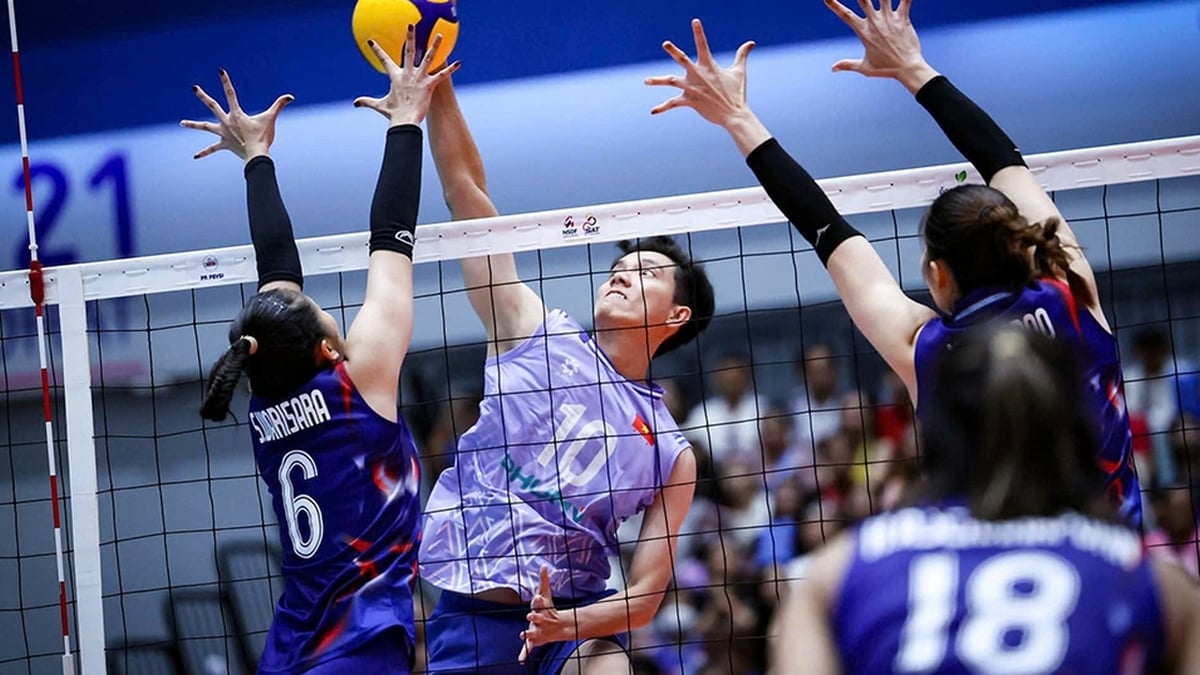

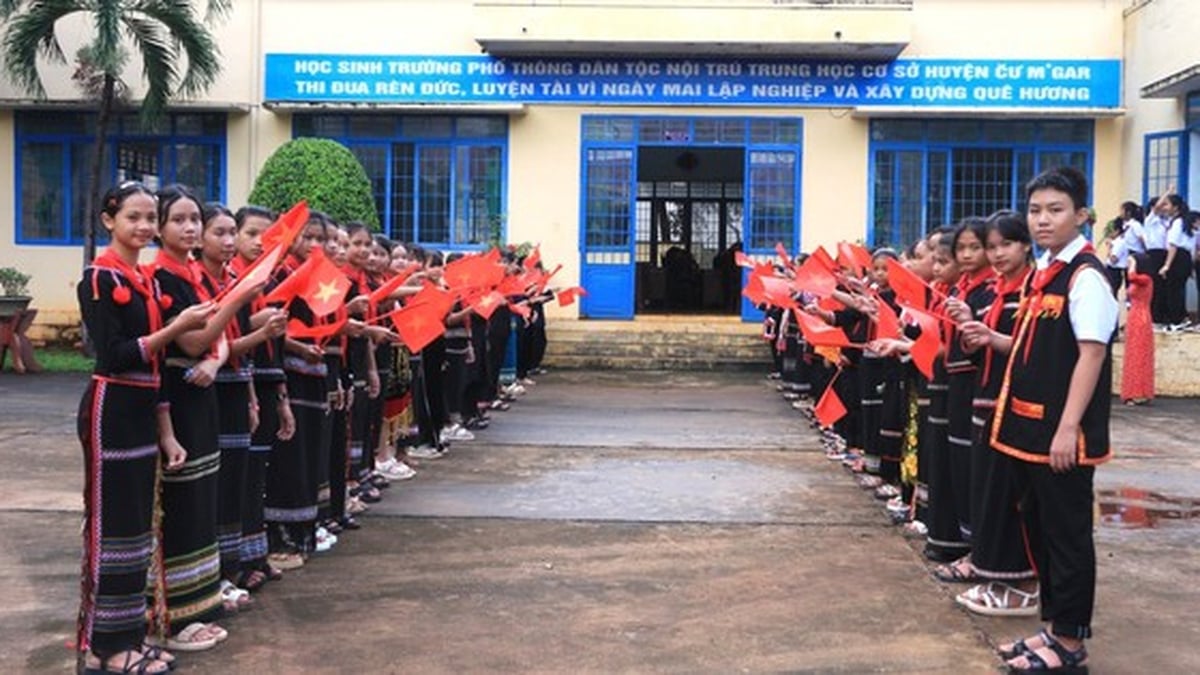


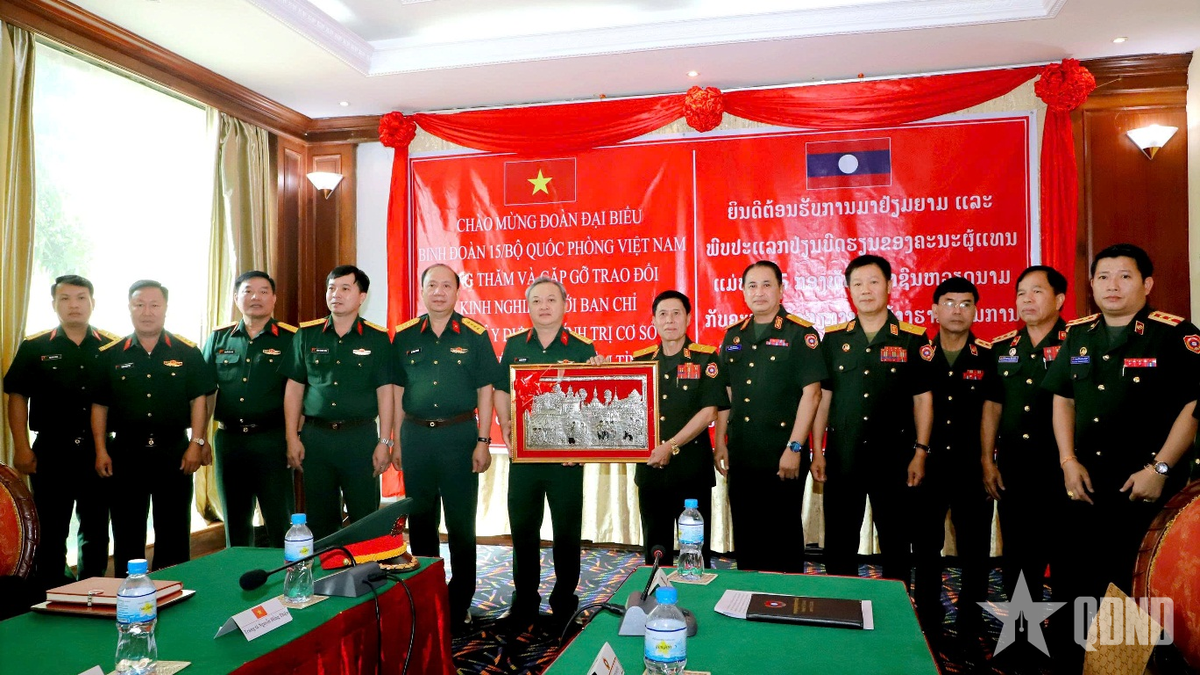

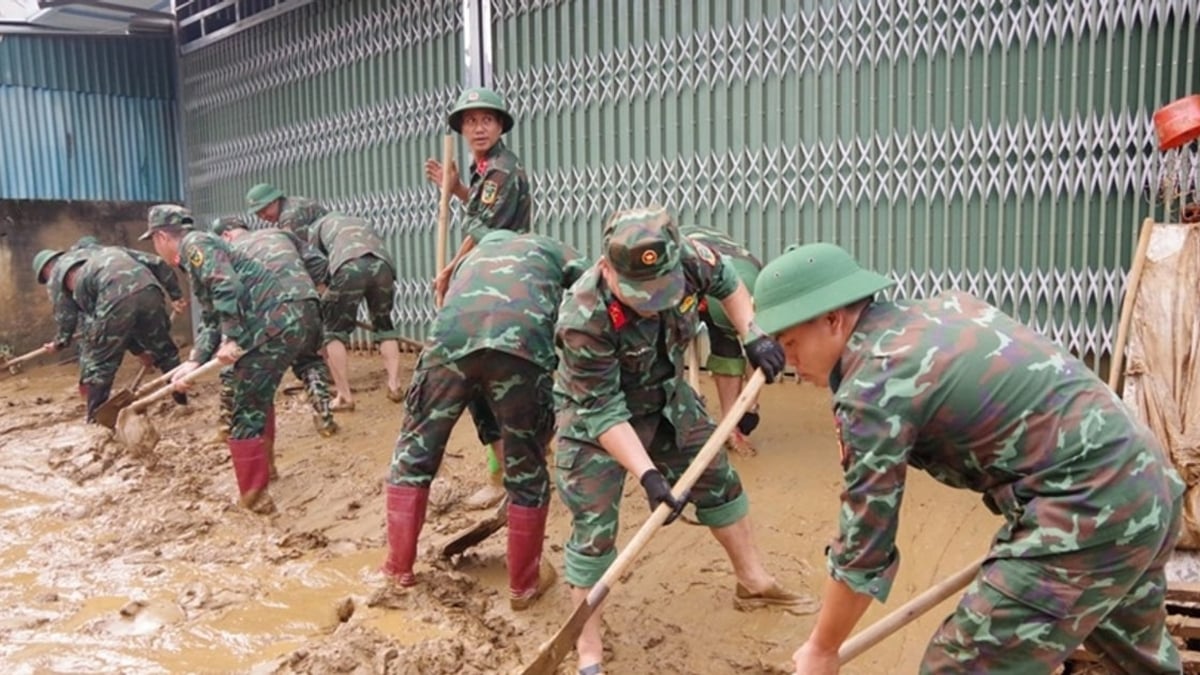



























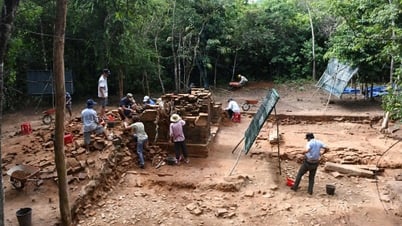





























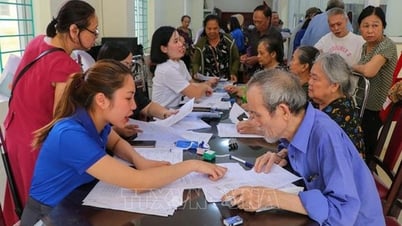




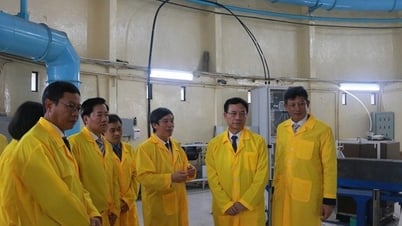


























Comment (0)